F1 Penalty Controversy Highlights FIA Scrutiny After Qatar GP
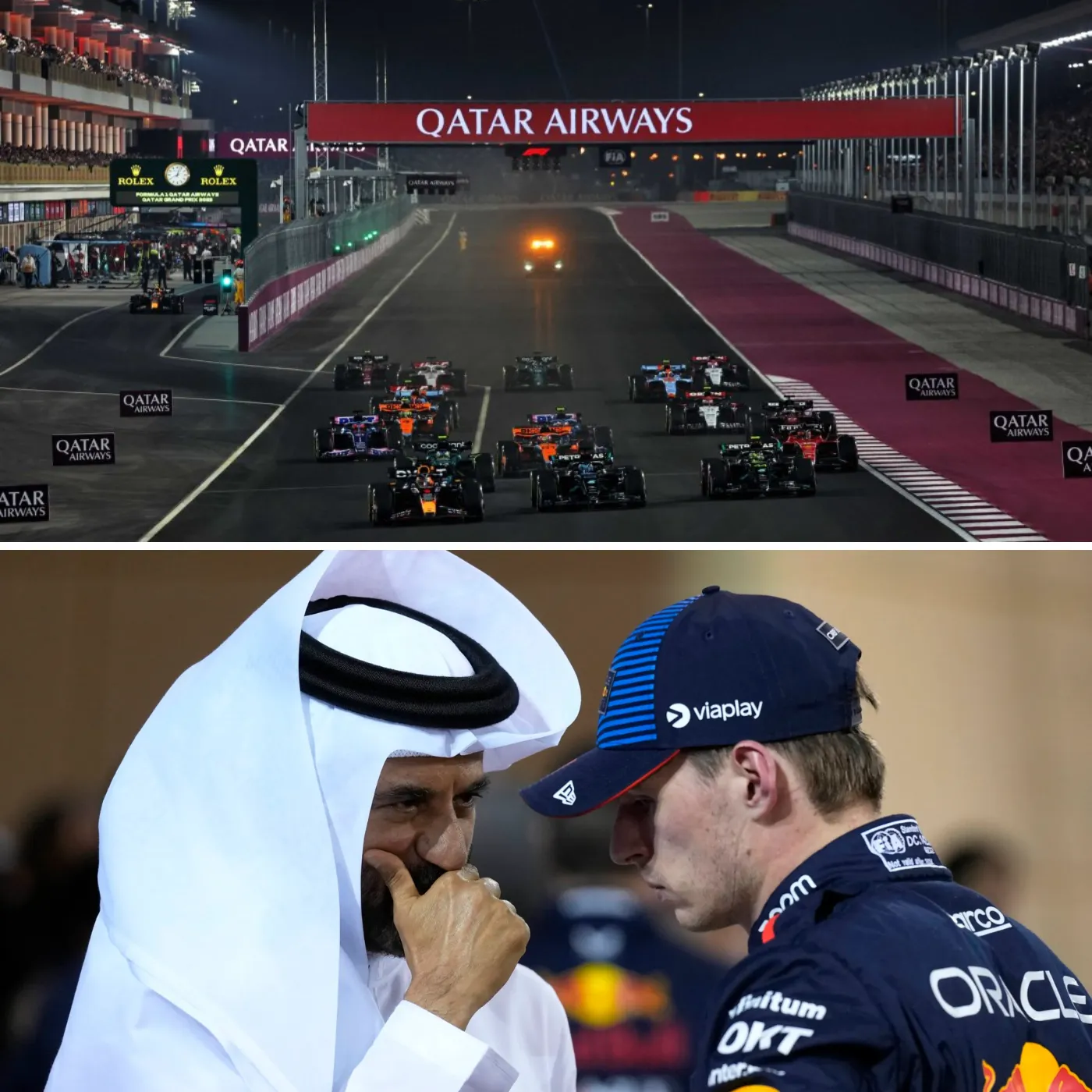
The Qatar Grand Prix was a chaotic race that raised fresh concerns over the FIA’s officiating, with significant penalties handed out to Max Verstappen and Lando Norris. These decisions have sparked widespread criticism and further scrutiny of the regulatory body, especially after a series of high-profile exits under President Mohammed Ben Sulayem. Verstappen’s controversial penalty for impeding George Russell in qualifying and Norris’ severe stop-and-go penalty during the race have put the spotlight back on the FIA’s consistency and transparency in enforcing rules.
Verstappen’s Aggravation
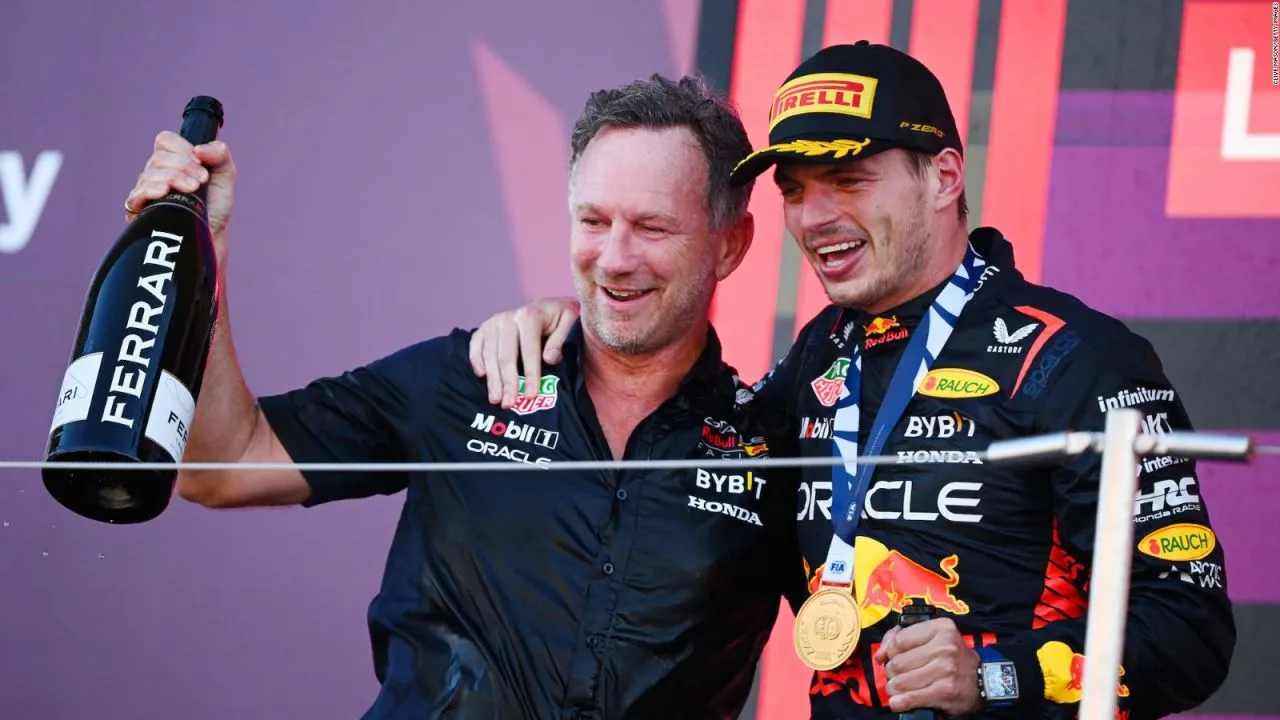
Max Verstappen won the Qatar Grand Prix with commanding ease, but his victory was overshadowed by a penalty drama that had unfolded just a day earlier. The Dutch driver, who had secured pole position, was penalized for allegedly driving too slowly in front of George Russell during the warm-up lap. This penalty, which saw Verstappen drop to second on the grid, angered the four-time world champion, who felt the penalty was unjust. Verstappen accused Russell of intentionally trying to sabotage him, saying, “I’ve never seen someone trying to screw someone over that hard… I lost all respect.” Red Bull team principal Christian Horner also expressed his frustration, dismissing the penalty as a result of “hysterics from George.”
Despite this setback, Verstappen quickly regained the lead on the first lap of the race and maintained control to claim a dominant win. His performance further highlighted the disparity between his smooth drive and the controversy surrounding the stewards’ decisions.
Norris’ Stop-and-Go Penalty
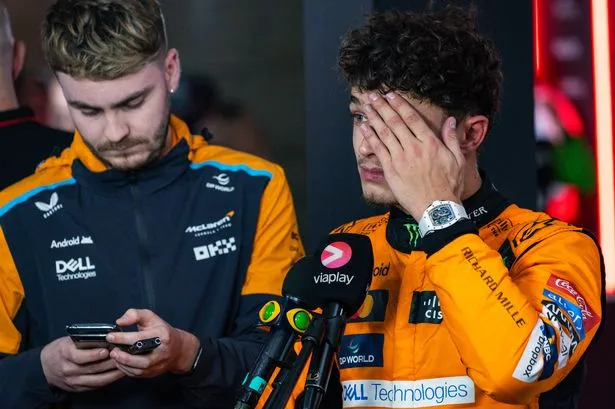
While Verstappen’s penalty was the subject of heated debate, Lando Norris faced his own race-altering penalty in the Qatar GP. Norris, who had been competing strongly with Verstappen for the runner-up spot, was handed a 10-second stop-and-go penalty for failing to slow under double-wave yellow flags. The flags were shown after Alex Albon’s rear-view mirror detached and remained on the track. Norris took responsibility for the mistake, but the severe penalty wrecked his race, dropping him to 10th position. This penalty, the most severe non-disqualification penalty, effectively ended McLaren’s hopes of securing a podium finish and impacted their fight for the constructors’ title.
FIA Under Increased Scrutiny
The penalties handed to Verstappen and Norris are only the latest in a series of controversial stewarding decisions that have left F1 teams and drivers questioning the consistency and transparency of the FIA. The FIA’s handling of Verstappen’s penalty was particularly puzzling, as it diverged from the typical penalty for impeding, which is usually a three-place grid drop. The stewards’ decision to impose only a one-place grid penalty, citing that Russell wasn’t on a push lap, has left Verstappen and his supporters frustrated, with Verstappen describing the stewards’ response as “like talking to a brick wall.”
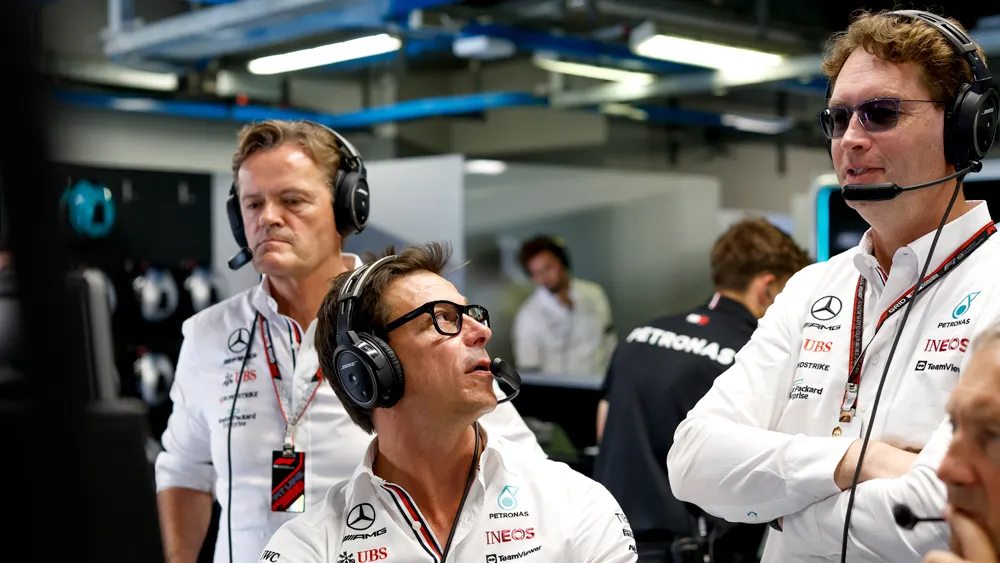
The Norris penalty, on the other hand, was more straightforward, as McLaren acknowledged their driver’s failure to slow for the yellow flags. The penalty was consistent with past precedents, including a similar incident involving Kimi Raikkonen at Spa in 2017.
Despite the clear rationale behind the Norris penalty, the overall confusion and the impact of these decisions have intensified calls for greater consistency in F1’s officiating. Mercedes team principal Toto Wolff echoed these concerns, stressing the importance of responsibility, accountability, and transparency from the FIA, especially in light of recent controversies.
Growing Calls for Change in FIA Decision-Making
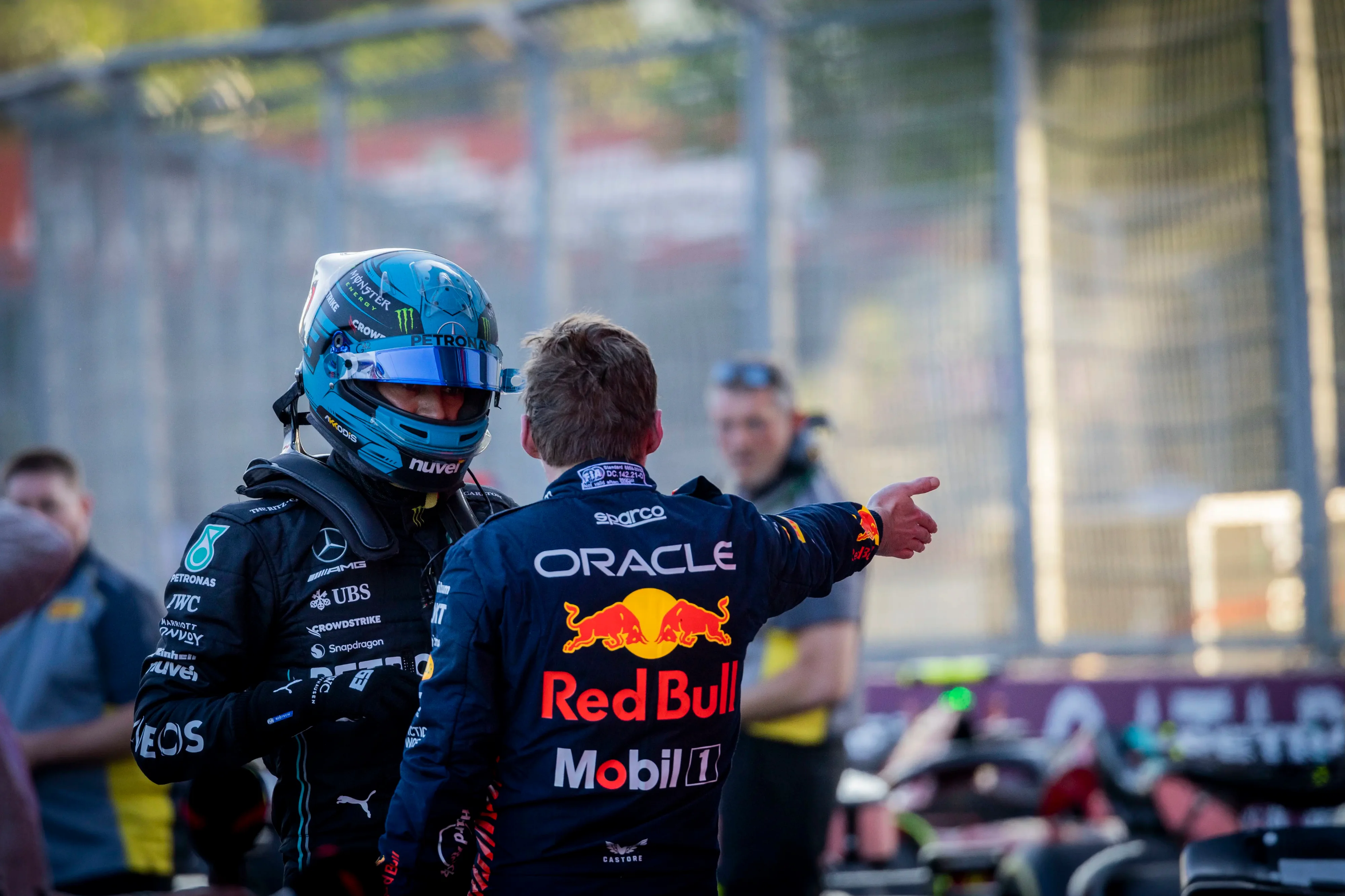
With the 2024 season nearing its conclusion, the ongoing debate over the FIA’s decision-making continues to grow. Drivers, teams, and fans are increasingly calling for greater clarity in how penalties are enforced, particularly in situations as contentious as the Verstappen-Russell clash. As the FIA works on an explainer for its decisions in Qatar, it is clear that the spotlight on the governing body will only intensify in the coming months, and reforms may be needed to restore faith in the integrity of F1’s officiating system.




